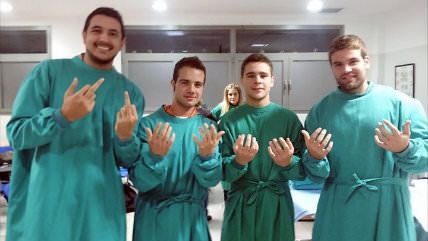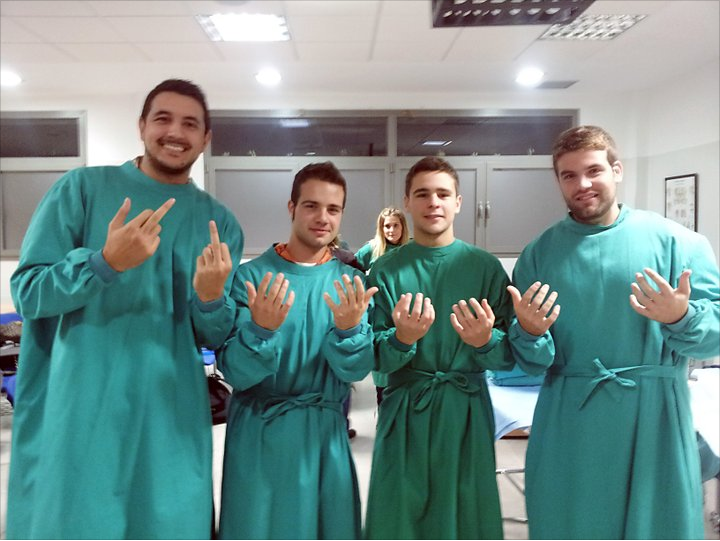D.C. Health Planners OK Organ Transplant Monopoly


Last month, government health planners in the District of Columbia decided that the city does not need an additional facility that can perform organ transplants. Currently, only two hospitals—both owned by MedStar Health—may legally perform transplants in the District. George Washington University Hospital wants to offer the service, but the State Health Planning and Development Agency (SHPDA) rejected their application.
Back in February, I wrote about the "certificate of need" (CON) process the District of Columbia and other states impose on medical providers whenever they want to offer a new procedure, expand their operations, or purchase new equipment. Hospitals, clinics, nursing homes, outpatient centers, and hospices must apply for permission from a panel of bureaucrats who purport to studiously assess whether a need for change truly exists. In D.C., some providers can't even move into a new office without the OK from SHPDA.
From the Washington Business Journal:
In its regulatory filings, George Washington highlighted statistics showing that fewer transplants have been performed citywide since Howard University Hospital closed its program in 2010. The declining transplants, a 12 percent drop for kidneys and a 42 percent drop for pancreas, stands at odds with growing incidents of end-stage renal disease, officials said.
Also, George Washington had argued, wait lists are growing at the facilities that still perform transplants….
MedStar opposed George Washington's request, essentially saying a monopoly is in the public interest because medical outcomes are best — and costs are most efficiently managed — in high-volume operations.
In his decision, Amha Selassie, director of the State Health Planning and Development Agency, said George Washington could not prove that there is insufficient hospital capacity.
"It appears that the reason the wait lists continue to grow is not because of a shortage of transplant programs, but because of the shortage of transplantable organs," Selassie wrote. "The applicant has not provided enough evidence to demonstrate that the addition of a new program will be able to substantially increase the number of organs that are needed to establish a new facility."
George Washington, which is appealing the ruling, wants to specialize in kidney transplants. Currently, the hospital's 200-plus renal patients have to go to a MedStar facility or a hospital outside of D.C. if they need a transplant. Research suggests medical outcomes are better at high-volume transplant centers, so it does make sense to centralize operations given the (unnecessary, government-created) shortage of organs.
That said, 30 states do not impose a certificate-of-need requirement on organ transpant facilities. If outcomes are worse in those states, there's no record of it. For open-heart surgeries, outcomes and cost efficiency were actually better in states without CON laws—because competition—according to another study.
I submit that SHPDA has about as much idea how much transplanting capacity the District needs as I do: none at all. The information necessary to gauge where patients might prefer to get a transplant is not available to planners.


Show Comments (36)